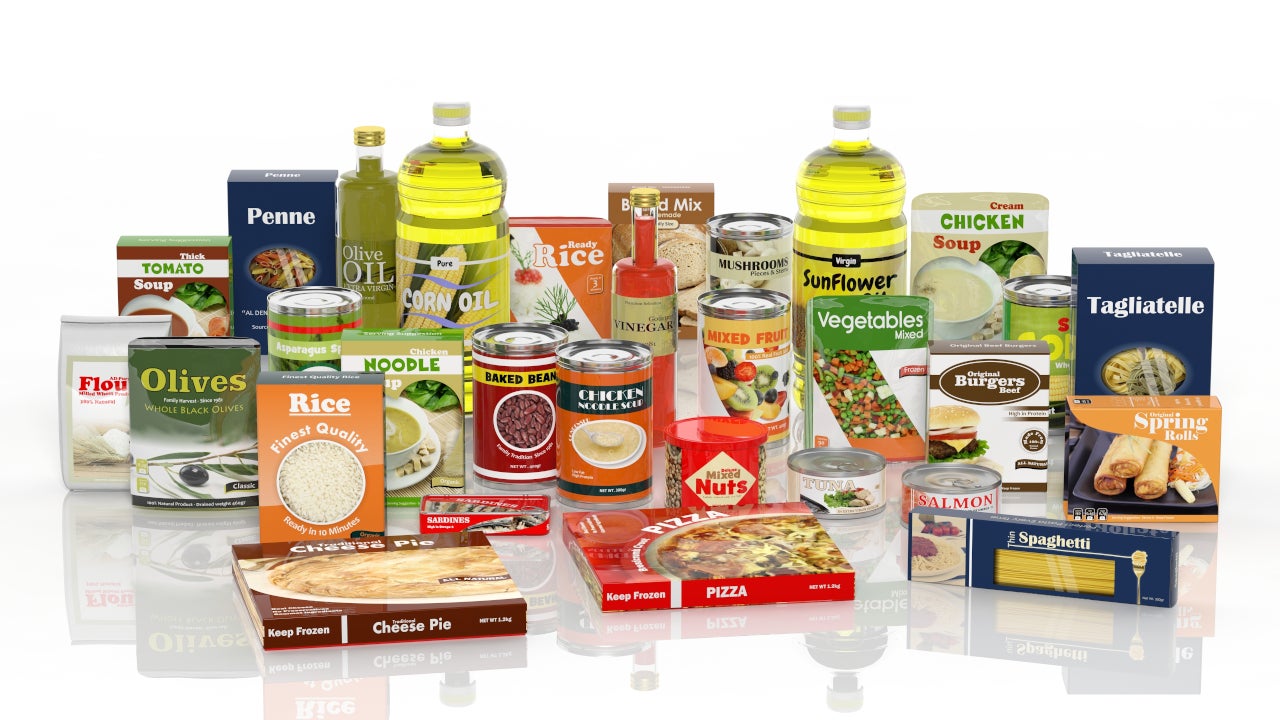In today's diligent customer landscape, the need for ethically sourced as well as sustainable items has actually surged. Private label food manufacturers have become trendsetters in this domain, typically collaborating with contract food makers to spearhead sustainability and liable sourcing campaigns. With an undaunted dedication to ecological values, private label brands have made it their objective to deliver sustainable, top quality choices to consumers.
Private Label Food Manufacturers
In recent years, private label food manufacturers, additionally called own brand names or shop brands, have actually observed an amazing surge in popularity. These manufacturers produce goods marketed under the logo of a retailer, grocer, or private entity. What collections private-label items apart is their capability to offer competitive pricing without compromising on quality.
Agreement Food Manufacturers
Numerous private-label food manufacturers join pressures with agreement manufacturers to develop their line of product. Contract food suppliers are experts in producing food products for private labels. This critical partnership enables exclusive label firms to use the proficiency, resources, as well as specialized food production centers of their partners.
Sustainability at the Core
Private label food manufacturers use various techniques to enhance sustainability within their supply networks:
Honest Sourcing:
Personal label firms are progressively devoted to sourcing active ingredients according to ethical and Meat market challenges Australia also reasonable trade standards. This entails guaranteeing that manufacturers as well as employees of resources, such as coffee beans, spices, or cocoa, get reasonable payment for their efforts.
Neighborhood Sourcing:
Focusing on regional sourcing of ingredients is one more trademark of private-label food makers. This not just lowers the carbon footprint connected with transportation however also supports local farmers and communities.
Organic Ingredients:
With the health food market increasing, exclusive tags are reacting by including natural active ingredients right into their line of product. Organic farming methods prioritize dirt health and wellness while shunning artificial chemicals and plant foods.
Lasting Seafood:
Private Label Food Manufacturers are attentive in ensuring that the seafood they make use of is sustainably collected, sticking to guidelines established by companies like the Marine Stewardship Council, which promotes accountable fishing.
Minimized Food Waste:
Exclusive label firms are proactively working on reducing food waste by applying effective manufacturing procedures and also creating items with longer shelf lives. Some brand names are additionally partnering with food rescue organizations to give away excess food to those in requirement.

Eco-Friendly Product Packaging and also Initiatives
Sustainability efforts by private-label food manufacturers expand past sourcing ingredients to include packaging and environmentally friendly campaigns:

Personal label brand names have actually embraced eco-friendly packaging options, including recyclable, biodegradable, or compostable materials. Revamping packaging to minimize excess product as well as lower environmental influence is a leading concern.
Waste Decrease:
To lessen wastefulness, private-label food suppliers maximize product sizes, decrease excess packaging, as well as check out cutting-edge product packaging solutions. Some brands even encourage consumers to join reusing programs.
Energy Performance:
Numerous private label makers are buying even more energy-efficient production plants, lowering water usage, and also embracing renewable resource resources to even more reduce their ecological footprint.
Carbon Neutral Initiatives:
Some private brand name food producers are taking ambitious actions to attain carbon nonpartisanship by countering their greenhouse gas discharges with reforestation tasks and also renewable resource credit reports.
Obstacles and also the Road Ahead
Despite the significant strides made in sustainability as well as responsible sourcing, private-label food suppliers encounter challenges. Balancing sustainability with cost-effectiveness can be a delicate act, sometimes needing compromises on lasting components or the exploration of environment-friendly choices.
However, the future of private-label food manufacturing holds great guarantee. As customer understanding and demand for sustainable products remain to rise, private-label brand names and also their agreement food manufacturing partners are likely to intensify their efforts. Partnership with vendors as well as investment in lasting technological advancements as well as openness will be crucial fit a lasting future for the sector.
Often Asked Inquiries
Q1: What are private label food manufacturers?
Private label food manufacturers generate products sold under the logo design of a retail store, grocer, or personal entity. They supply competitively valued items without endangering on quality.
Q2: Exactly how do private label food manufacturers promote sustainability?
Private label food manufacturers promote sustainability via honest sourcing, neighborhood active ingredient purchase, using organic components, sustainable seafood techniques, as well as efforts to minimize food waste.
Q3: What green product packaging alternatives do personal label brand names use?
Personal label brands take on eco-friendly product packaging options such as recyclable, naturally degradable, or compostable materials. They likewise redesign product packaging to minimize excess material and reduce ecological influence.
Q4: What challenges do private label food manufacturers face in sustainability efforts?
Stabilizing sustainability with cost-effectiveness is a major difficulty for private label food manufacturers. This may require compromises on sustainable components or the exploration of environment-friendly alternatives.
Verdict
Private label food manufacturers are at the leading edge of the sustainability and also accountable sourcing motion within the food market. Their dedication to ethical sourcing, regional procurement, organic ingredients, and also sustainable methods, along with their commitment to eco-friendly packaging and also waste decrease initiatives, demonstrate their decision to satisfy the needs of today's eco-conscious customers.
Regardless of the obstacles they encounter, private label food manufacturers are poised for a promising future. With customers significantly prioritizing sustainability, the industry is likely to witness even higher cooperation with providers, investment in sustainable technologies, and also a dedication to openness. As we move on, private label food manufacturers will certainly continue to play a crucial function in shaping an extra lasting as well as moral food landscape for all.